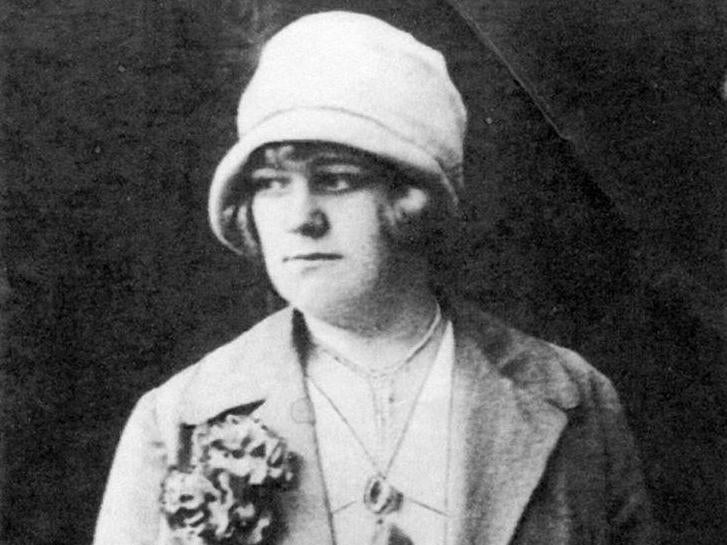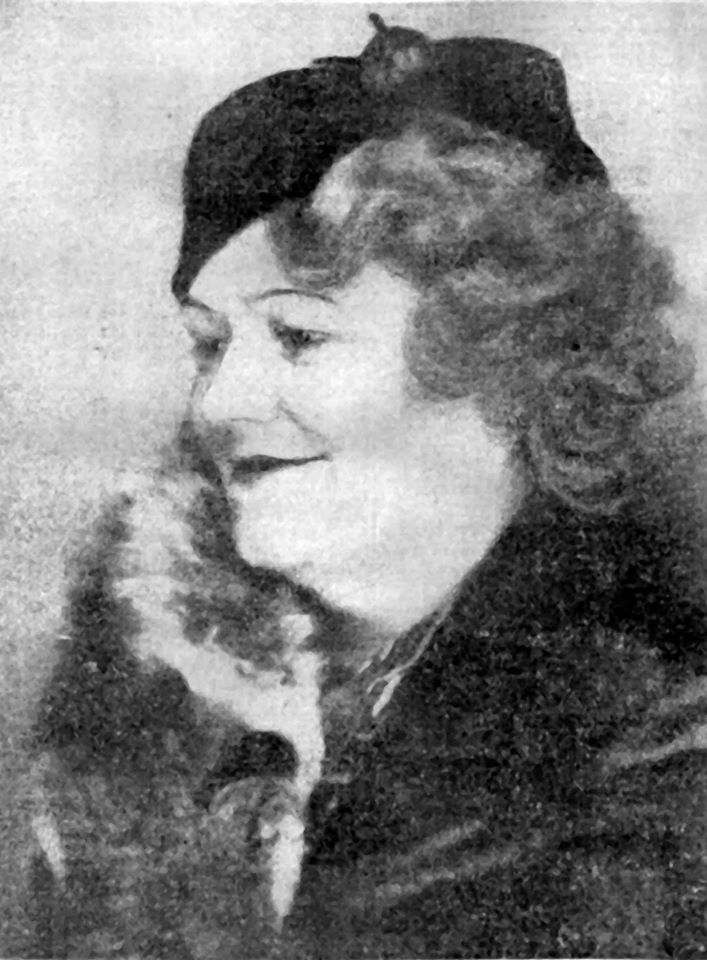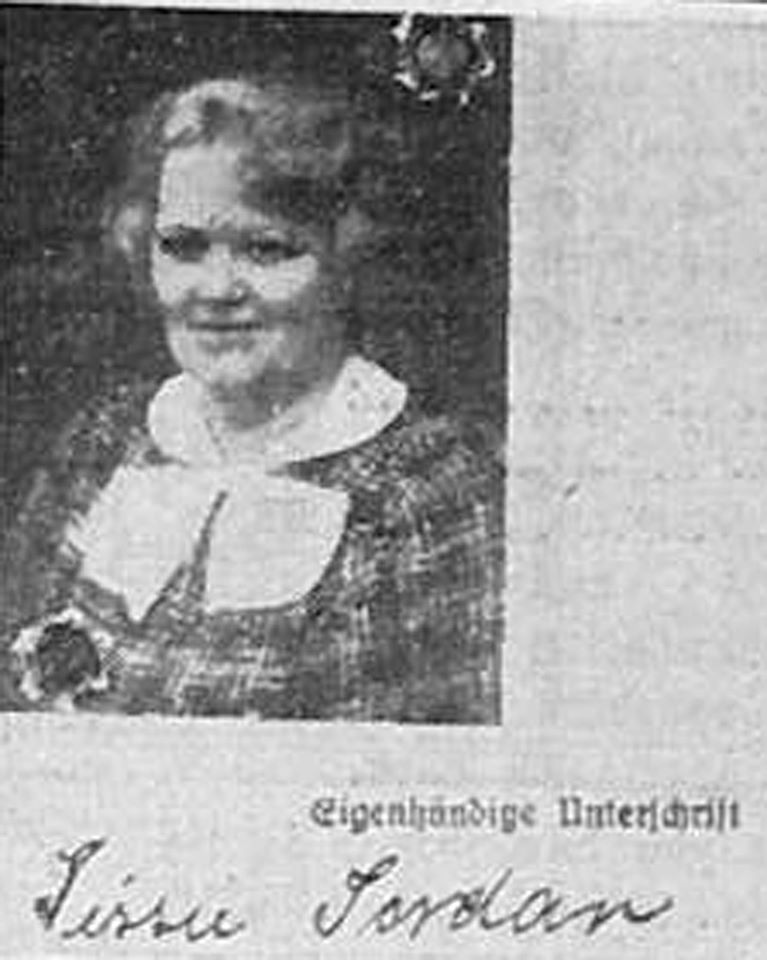How an unlikely German spy unwittingly helped Britain win the Second World War
Previously unseen research reveals how MI5 unmasked the Nazi agent, writes David Keys

Your support helps us to tell the story
From reproductive rights to climate change to Big Tech, The Independent is on the ground when the story is developing. Whether it's investigating the financials of Elon Musk's pro-Trump PAC or producing our latest documentary, 'The A Word', which shines a light on the American women fighting for reproductive rights, we know how important it is to parse out the facts from the messaging.
At such a critical moment in US history, we need reporters on the ground. Your donation allows us to keep sending journalists to speak to both sides of the story.
The Independent is trusted by Americans across the entire political spectrum. And unlike many other quality news outlets, we choose not to lock Americans out of our reporting and analysis with paywalls. We believe quality journalism should be available to everyone, paid for by those who can afford it.
Your support makes all the difference.A British historian has uncovered the full story of how a Nazi spy unwittingly helped Britain win the Second World War.
The story is historically important because the secret information which British intelligence acquired, by intercepting the German secret agent’s correspondence, led to a major spy scandal in America which ultimately helped bring the United States into the war.
Research published this month reveals, for the first time, how MI5 unmasked the Nazi agent.
The bizarre story began in 1937 when German intelligence blackmailed a Hamburg-based Scottish hairdresser, Jessie Jordan, into spying for Germany’s foreign military Secret Service, the Abwehr.
Back in 1912 she had married a German waiter by the name of Fritz Jordan. In 1914 the couple had a daughter called Marga who became a German actress and opera singer.
Four years after Adolf Hitler had come to power and 19 years after Fritz had been killed in the First World War, the Gestapo approached Mrs Jordan and threatened to cause employment and other problems for her actress daughter if the Scottish-born hairdresser did not agree to spy for Germany.
They intercepted Jordan in Hamburg just as she was about to board a ship bound for Scotland, detaining her for several days before handing her over to the Abwehr. After securing her cooperation, German military Intelligence then released her to continue her journey to Scotland.
Shortly after her return to the UK, she used money supplied by German intelligence to set up a hairdressing business in Dundee on the east coast of Scotland.
Although she had initially been blackmailed into becoming a German spy, she quickly developed a bizarre enthusiasm for her cloak and dagger intelligence-gathering role. Between 1937 and 1938 she sent the Abwehr dozens of messages filled with information about British arms depots, harbour installations, military barracks and coastal defences.

Now new research has revealed for the first time how she started sending the Abwehr information in June 1937. Using previously unseen documents from Scottish and other archives, British historian and University of Edinburgh professor Emeritus Rhodri Jeffreys-Jones tracked down that first message – and how it was intercepted. The details are featured in a book, Ring of Spies, by Jeffreys-Jones, published this month by the Gloucestershire-based UK publishers, The History Press.
Posted from a letterbox in Talgarth in south Wales, Jordan’s first report supplied German intelligence with detailed information about British military dispositions in Aldershot, the British army’s transport and logistics headquarters. It was that first report that first alerted MI5 to her spying activities.
Mr Jeffreys-Jones’ research shows that, by mid December 1937, MI5 had obtained an additional Home Office Royal Mail interception warrant to allow them to open and read all Jordan’s incoming mail, not just letters she was sending to PO Box 629.
It was this additional surveillance that, in January 1938, led to a spectacular discovery which ultimately was to have huge geopolitical consequences.
One of the letters, bound for Jordan and intercepted by MI5, was from a Nazi operative in New York (codenamed ‘Agent Crown’), outlining a plan to steal secret US coastal defence papers by kidnapping and probably murdering a senior US military official called Colonel Henry Eglin.

MI5 immediately tipped off the American authorities. By sheer coincidence, a few days later the FBI arrested Agent Crown over a passport scam. They then realised that he was connected to the kidnap plot that MI5 had told them about. That connection then led to the unmasking of a huge German spy ring in America, consisting of 18 agents and dozens of accomplices.
The ensuing spy trial terrified and horrified the US public – and became a major factor in turning US public opinion against Germany and against strict US neutrality.
The 1938 trial helped politically enable Franklin D Roosevelt to send huge amounts of military equipment and cash to Britain after the Second World War had begun, despite officially remaining neutral.
But the trial’s effect on US public opinion also convinced Hitler that the United States was his mortal enemy in what Hitler perceived as a truly global epic struggle.
That had two huge consequences.
Firstly, it made the Japanese government a lot more confident that Germany would back them against the US, if they ultimately decided to attack American territory. In that sense, the American spy trial (and its effect on US public opinion and thus on Hitler’s attitude to America) significantly contributed to Japan’s ultimate decision to attack Pearl Harbour.
Secondly, it convinced Hitler that he needed to officially declare war on the United States, which he did just four days after the 1941 Japanese attack on Pearl Harbour.
The 1938 US spy trial had been a major factor in turning American public opinion against strict neutrality (and in favour of supplying Britain with weapons, even before the US joined the war) – and it was the interception of the Scottish hairdresser, Jessie Jordan’s secret Nazi correspondence that had led to that trial.
But Mr Jeffreys-Jones’ new research has also revealed the full and crucial story of why MI5 decided to examine all Jordan’s correspondence – not just her PO-Box-629-bound letters.
The key moment appears to have been on 7 December 1937, when one of Jordan’s employees,an assistant called Mary Curran, became suspicious about Jordan’s links with Germany and her unexplained sources of finance.
Newly obtained case files and MI5 documents show that Curran looked inside Jordan’s handbag and discovered a secret map of the UK’s east coast defence installations. The new research shows how it was passed to police, photographed, and quickly put back into Jordan’s handbag, before she had noticed it was missing.
It was that shop assistant's vigilance and inquisitiveness that helped convince MI5 to immediately seek a warrant to monitor all Jordan’s mail.
Eleven weeks later, Jordan was arrested – but opted to cooperate fully with the police. As a result, she was only given a four-year prison sentence and as part of the deal, she helped make sure that the Germans never found out that PO Box 629 had been compromised.
Released at the end of the war, she was deported to Germany – and died there in 1954 at the age of 67.
She had enjoyed a brief period of fame and notoriety in 1938 and 1939 – and indeed in spring 1939, just four months before the Second World War broke out, a few non-classified aspects of her story featured in a Warner Brothers film about the 1938 US spy trial and the FBI investigation.
But much of the hairdresser spy’s real story has only emerged this month. Mr Jeffreys-Jones’ research not only reveals previously unknown aspects of her case – but also sheds fascinating new light on German military intelligence operations and the often extraordinarily and sometimes surprisingly careless way in which they were carried out. Significantly, that aspect of his research is likely to have substantial implications for how historians understand other Abwehr operations – and how the organisation’s often poor performance frequently disadvantaged the German war effort.
“Pre-war mid-to-late 1930s and Second World War German military intelligence was at least partly staffed by unsuitable officers foisted on the service by the Nazi authorities for ideological and sometimes nepotistic reasons,” said Mr Jeffreys-Jones.
“The spies these officers then recruited were often unsuitable, eccentric and appointed without adequate security checks,” he added.
What’s more, adequate training was often not provided, even when it could have been (when Jordan was recruited in Hamburg, she was only given a few days training. Indeed to try to gain additional insights into her new profession, she was reduced to borrowing pulp fiction spy thrillers from Dundee public library).
Above all, the new research demonstrates the naive way in which Abwehr agents were instructed to communicate with their handlers.
“Allowing multiple agents in multiple countries to use the same ‘secret’ PO boxes was a deeply flawed strategy which predictably and inevitably made entire spy networks vulnerable to even isolated security breaches,” said Mr Jeffreys-Jones.
Join our commenting forum
Join thought-provoking conversations, follow other Independent readers and see their replies
0Comments